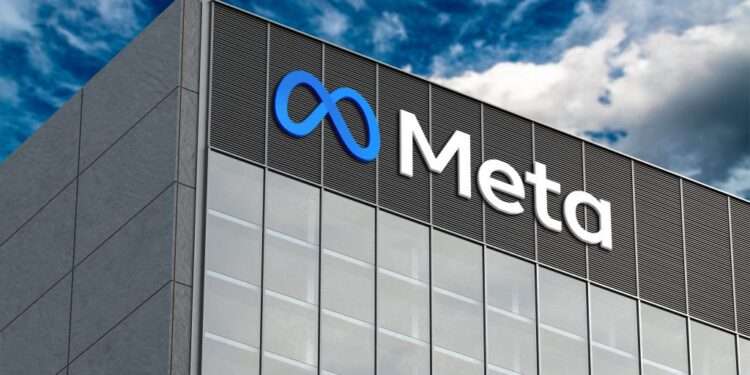Meta, in collaboration with global telecom partners, has announced the completion of the core infrastructure for the 2Africa subsea cable system, a landmark project poised to dramatically expand international connectivity.
Key Highlights
- The 2Africa system is now live in its core form and covers 33 countries across Africa, the Middle East, Europe, and Asia.
- The cable is designed to support connectivity for up to 3 billion people, which is more than 30% of the world’s population.
- It is the first subsea cable to provide a continuous link between East and West Africa, while also connecting the continent to the Middle East, South Asia, and Europe.
- Construction took nearly six years, passing through more than 50 jurisdictions, with strong collaboration between regulators and local stakeholders.
Technology & Capacity
- The 2Africa system uses advanced spatial-division multiplexing (SDM) technology, enabling up to 16 fibre pairs per cable, significantly higher than older subsea systems.
- It features undersea optical wavelength switching for adaptable bandwidth management, supporting high-capacity demands such as AI, cloud services, and data centres.
- On the western trunk (from England to South Africa), it supports 21 Tbps per fibre pair, delivering a total of up to 180 Tbps across the trunk.
- According to Meta, the cable could stream 36 million HD-quality video streams simultaneously at full capacity.
Economic & Social Impact
- The 2Africa cable is expected to contribute US$36.9 billion to Africa’s GDP within its first two to three years of operation, through increased job creation, entrepreneurship, and digital innovation.
- By enabling lower wholesale bandwidth costs, the system aims to support more affordable and reliable internet access for consumers, enterprises, and public services.
- The open-access nature of the cable means multiple service providers can use it, promoting competition, innovation, and inclusive growth.
Strategic Partnerships & Stakeholders
- The project was carried out by a consortium led by Meta, with partners including Bayobab (MTN Group), center3, China Mobile International (CMI), Orange, Telecom Egypt, Vodafone Group, and WIOCC.
- Telecom Egypt highlighted the importance of the project for boosting international infrastructure capacity, especially for African countries.
Implications for Africa
- For African countries, 2Africa could significantly reduce dependence on existing subsea cables, improving both redundancy and resilience.
- The project has the potential to spur economic development through improved internet access, which can support education, healthcare, and business.
- Local internet service providers (ISPs) and mobile network operators (MNOs) may benefit from more affordable wholesale capacity, potentially lowering costs for end users.




